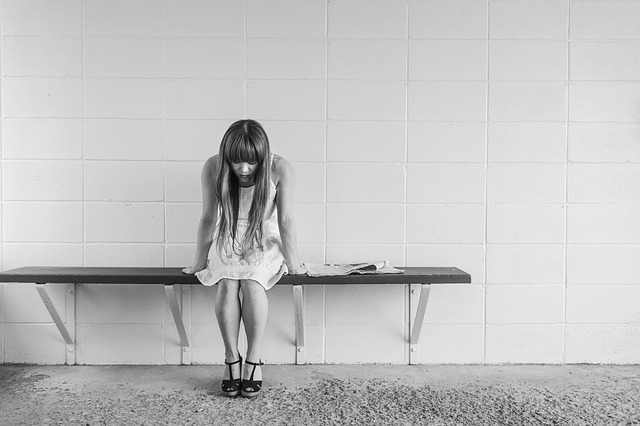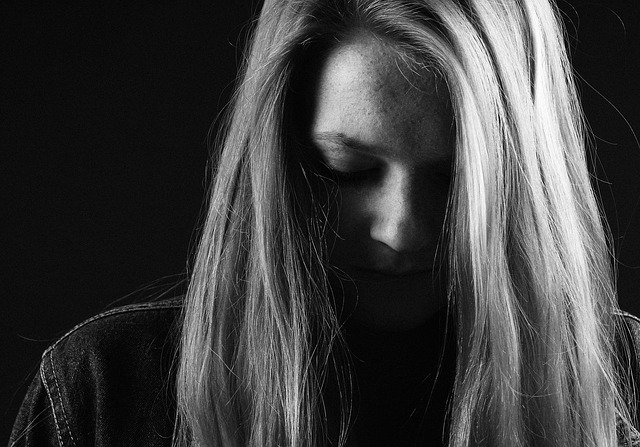DEAR ANDY: I’m finding that my mood has dipped dramatically this winter. I wonder if I am depressed. I’m just waiting to get through this cold weather in hopes that my mood will improve. Any suggestions? DEPRESSED AND DOWN
DEAR DEPRESSED AND DOWN. Your letter is somewhat concerning because you say that your mood has dipped dramatically and that you “wonder” if you are depressed. Given these descriptions, I wouldn’t recommend waiting this out. Some people are under the impression that it is ‘normal’ for one’s mood to plummet during the Canadian winters but this is a fallacy. An extended period of low mood, exhaustion, disinterest, excessive feelings of guilt or worthlessness, sadness, weight gain or loss, excessive sleep or insomnia, thoughts of dying, the inability to feel pleasure, feelings of hopelessness, and feelings of agitation are just a few of the symptoms of depression. These symptoms should not be considered normal. If these symptoms are interfering with your functioning, you should intervene right away.
Here is a plan for you going forward:
- Get to know the “Depressive Disorders”. This term is used by medical professionals to help them classify a particular cluster of psychological symptoms. Do some research on reputable websites. Usually those that are affiliated with academic institutions and mental health programs are best bets. There are several mood disorders and depression is just one of them. It’s important to understand your symptoms and to develop some hypotheses about what is going on.
- Seek the opinion of a trusted health care provider. Typically family physicians, nurses, social workers, psychologists, and naturopaths can be wonderful sources of information and support. When was the last time you had a full physical work up? Low levels of Vitamin D or Iron can mimic certain symptoms of depression. Thyroid issues may need to be ruled out. If you are taking medications, an interaction may need to be addressed, or a thorough audit of your medications may be in order. There are special considerations for older adults and new moms. Depending on your health status, age, and gender there can be many factors that can lead to low mood. It’s important to exhaust all the possibilities before deciding on what you will do.
- A responsible health provider care will present you with an array of options and will not coerce you into any one. Once any medical difficulties have been ruled out, there are many solutions to resolving depression. Scientific evidence ranges in strength from good to very good for the following interventions if you are in fact depressed. Keep in mind that a combination of the interventions listed below will likely be ‘prescribed’:
- Depression Self Help books
- Exercise
- Yoga
- Light Therapy (not recommended for those with a history or risk of mania)
- Behavioural Activation
- Psychotherapy such as Cognitive Behaviour Therapy, Interpersonal Therapy, Psychodynamic Psychotherapy, Acceptance and Commitment Therapy, Emotion Focused Therapy
- Natraceuticals (such as Omega 3, DHEA; SAM-e)
- Herbal remedies (Saint John’s Wort)
- Medications
Good luck DEPRESSED AND DOWN. And hop to it- the time is now and remember, nothing changes if nothing changes.










